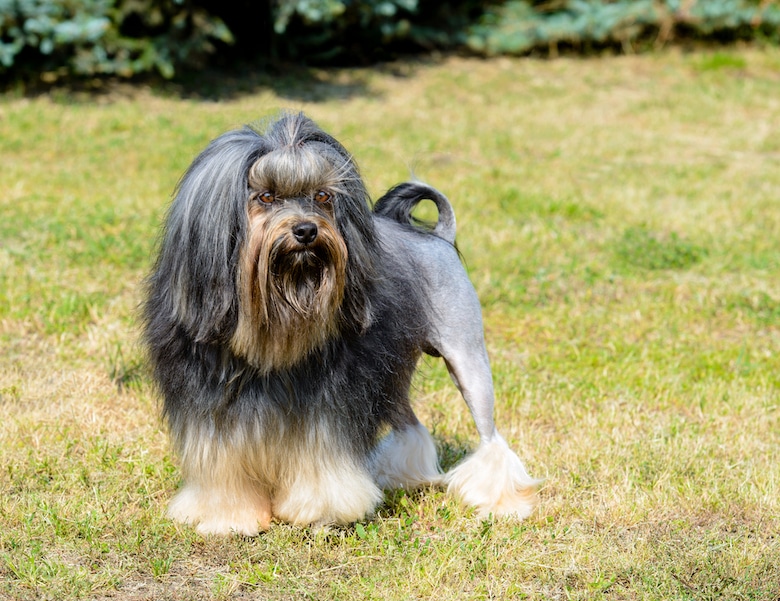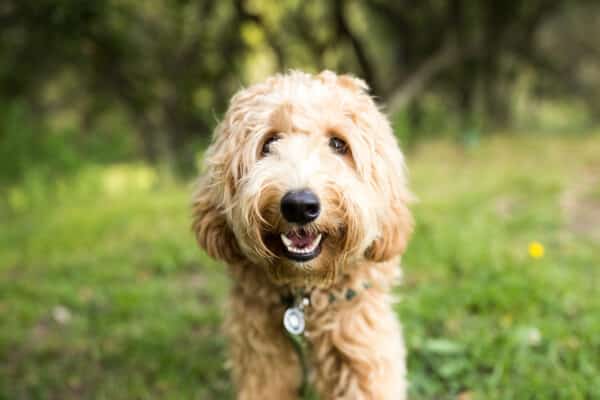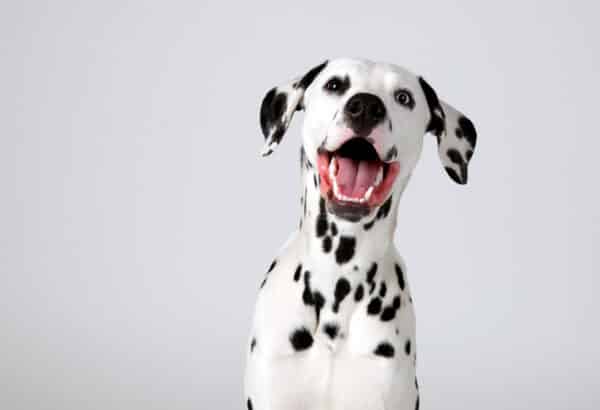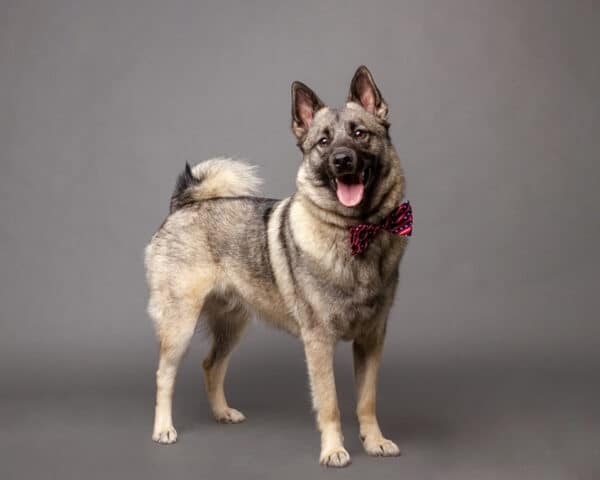Quick Facts
- Weight: 10 – 18 pounds | male
8 – 16 pounds | female - Height: 13 – 14 inches | male
12 – 13 inches | female
The Look of a Lowchen
The Lowchen has a small, compact frame covered in a long, soft coat (usually trimmed to have a “lion-like” mane) that comes in virtually any color or color combination. Its short, broad head has deeply set eyes, a dark nose and pendant ears draped in long hair. Its tail is set high and usually carried over the back.
Traits
- Extroverted
- Affectionate
- Alert
- Curious
- Sensitive
Ideal Human Companion
- Retirees
- Families
- City-dwellers
What They Are Like to Live With
The Lowchen has a very happy outlook on life. Friendly with almost everyone, it brings cheer and joy to any household. Sensitive and loving, it craves affection and attention from family members. These dogs are highly intelligent, easy to train and eager to please.
Not your typical lapdog—though endlessly cuddly—it has a tough and fearless streak. It will stand up to the mightiest challenge to protect its family and territory. Make sure the Lowchen gets a good daily walk, and don’t forget the leash: These dogs have a special affection for squirrels.
Things You Should Know
The Lowchen can live as long as 14 years with relatively few genetic health issues; however, some Lowchen can develop a knee problem called patellar luxation, in addition to eye problems such as cataracts and PRA (progressive retinal atrophy).
It needs a good, thorough brushing every week to prevent mats and tangles—if you can find the time to brush it every day, that’s even better. The Lowchen is usually clipped to have a “lion” look, i.e. short hair on the back and a mane up front. But, consult a professional for the grooming style that works best for your Lowchen.
History
We know that the Lowchen, which means “little lion” in German, dates back to the 15th century, but we don’t know where it came from. While many dog enthusiasts say they originated in Germany, others say they have a Mediterranean background. Popular lapdogs and companions for centuries, they have also appeared in many famous paintings through the ages.





